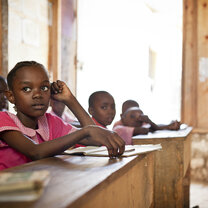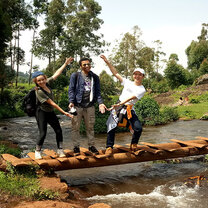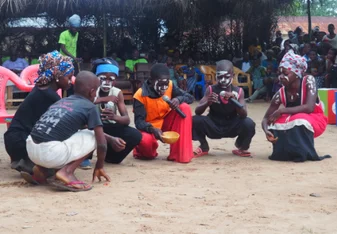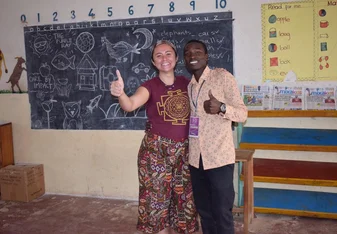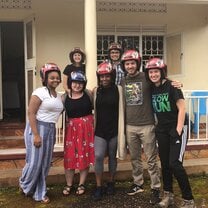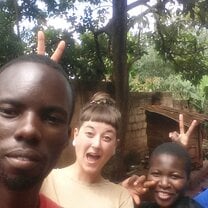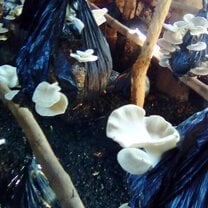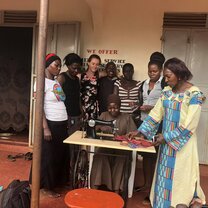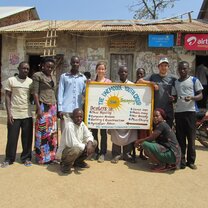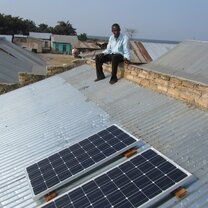Internships in Sustainable Community based Development with FSD JINJA UGANDA
- Uganda
About Program
FSD JINJA-UGANDA is committed to advancing professional global learning in the context of promoting community-based development. We strive to achieve community-driven goals through asset-based development and global education service exchange in Uganda.
Our internship program provides an opportunity for students, professionals, and individuals to gain hands-on experience in sustainable development and insight into the Ugandan culture. This is obtained through directly working with our partner community-based organizations and living with host families. The intern opportunities are thoughtfully designed to help participants build their careers while having a lasting impact in the communities they serve.
Program implementation is done in the Jinja region of Eastern Uganda in the Districts of Jinja, Buikwe, Mayuge and Iganga. Jinja Municipality is our major town; the second largest town and commercial center in Uganda with roughly 90,000 people.
Video and Photos
Program Highlights
- Engagement in a cross-cultural experience in a bid to finding solutions to key development issues in Uganda, while facilitating communities to implement sustainable development projects using tested development approaches and methodologies.
- Generation of new knowledge about grassroots development priorities, challenges, assets, opportunities and finding new innovations for appropriate interventions.
- Work side-by-side with a community-based organization specializing in one or more of the following development sectors: health, youth and education, women's equality, microenterprise, human rights, community development and/or environmental issues.
- Design and implement outreach campaigns promoting community mobilization, sensitization, and health education; Develop community resource centers; Train community leaders to organize informal events, provide informational and health resources.
- Learning more about the local Ugandan cultures and widening the scope of adventure through working and living in Uganda. Participating in organized group/individual excursions and retreats that allow volunteers and interns to relax with fellow peers.

